CEO of soup dumpling phenomenon Din Tai Fung dishes on the restaurant's secrets
The eatery had humble beginnings but has become an international phenomenon.
At any given location, time, or day of the week, there is always a long line of customers waiting outside of Din Tai Fung, eager to taste its dim sum-style menu. Known for its bite-sized soup dumplings, each with a thin layer of dough and packed with hot, sizzling broth and pork fillings, Din Tai Fung attracts more than 18,000 customers every day in the 11 locations in Taiwan alone.
What started as a storefront eatery has now become one of the most successful privately owned restaurants, with more than 170 locations in 13 countries around the world, including the U.S.
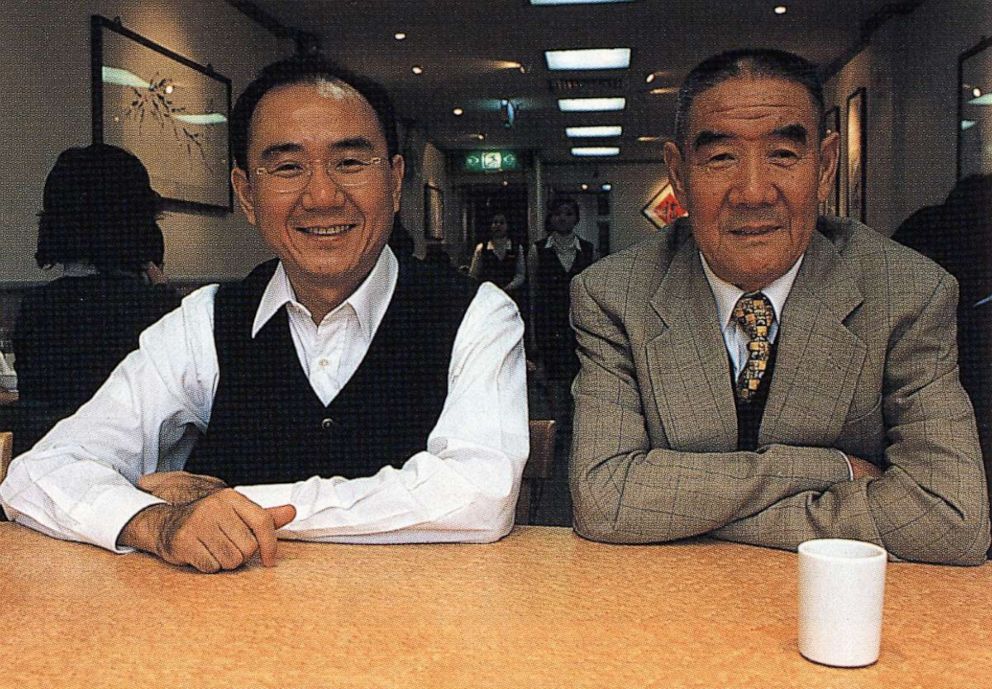
By the end of January, Din Tai Fung is set to open two more locations in Taipei, one of which will be the largest store to date. In the midst of the openings, Din Tai Fung’s owner and CEO, Yang Ji Hua, eldest son of the founders Yang Bing Yi and his wife Lai Penmei, chatted with ABC News about the family's humble beginnings and the lessons he’s learned along the way.
At the start
Yang's parents never expected Din Tai Fung would ever become what it is today; the eatery was just a means of survival, he told ABC News.
Yang’s parents both moved from China in search of better opportunities in Taiwan around the late 1940s. After they got married, they started a cooking oil business and named it after their previous employer and their oil supplier, a combination of “Heng Tai Fung” and “Din Mei Oils.”
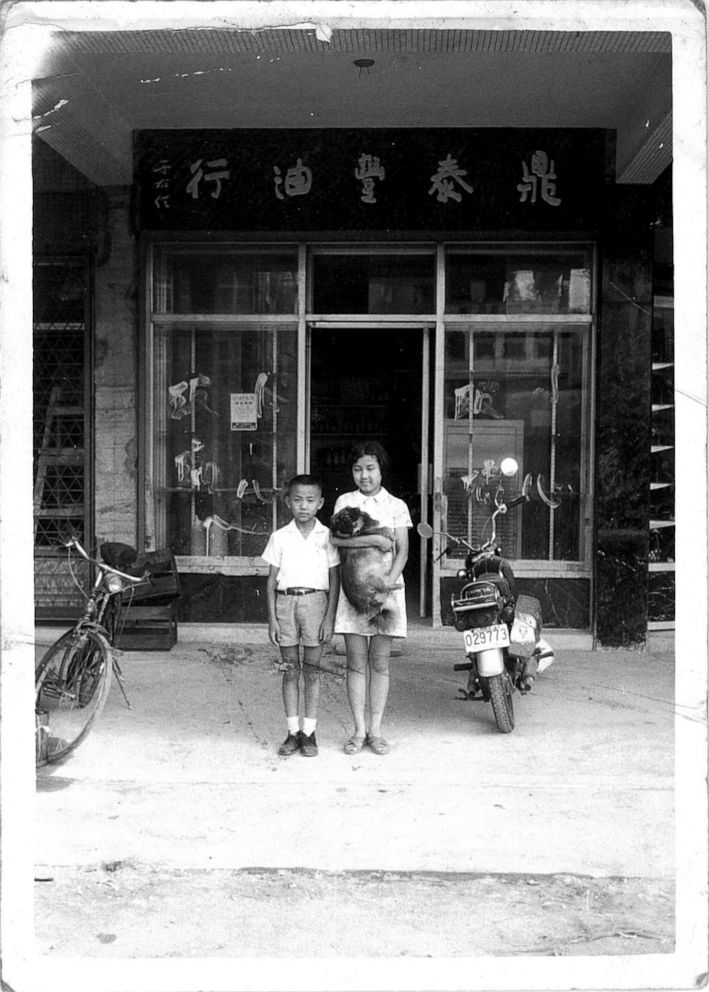
When their shop began to fail due to declining demands, they took the advice of a family friend and converted their storefront to sell soup dumplings and other dim sum items as a new way to keep their business afloat and support their five children.
With the help of hired chefs, word of the quality of their food soon spread. As the business grew, the couple decided to turn the eatery into a full-fledged restaurant, and they opened the first location in Taipei in 1972.
In 1993, the restaurant's popularity skyrocketed when chef and food critic Ken Hom named Din Tai Fung one of top ten restaurants in the world in the New York Times .
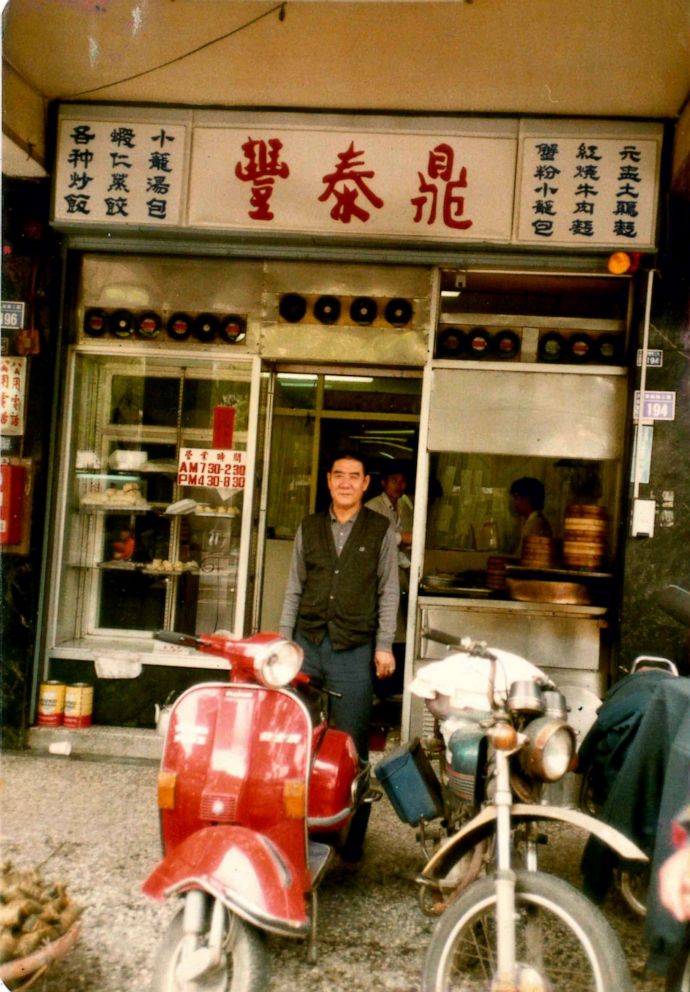
"I wrote about Din Tai Fung because I thought it was a great discovery for the world." Hom recalled. "I remember eating my first dumpling when the crash of rich broth burst through my mouth followed by the tasty filling. I was in food heaven. It was perfection."
Decades later, Hom has dined in many different Din Tai Fungs all over the world. "I am convinced my initial instincts were right on," Hom told ABC News.
As Yang gradually took over the business, he helped standardize their food-making process, solidified the brand, and expanded the restaurant into a staple across the globe.
However, expansion was never the main focus for the Yang family. Instead, over the past four decades Yang has devoted his attention to refining every detail, from the quality of their dishes to plating, cleanliness, employee training and customer service.
The craft
“We have to perfect our dishes," Yang said. "As chefs, we have to prepare the best recipe for every product.”
It’s all in the details, Yang added. To make a perfect soup dumpling every step must be meticulously executed, from the quality of meat, the amount of salt and the steaming time to its precise weight and number of folds -- 16 grams and 18 pinches to be exact.
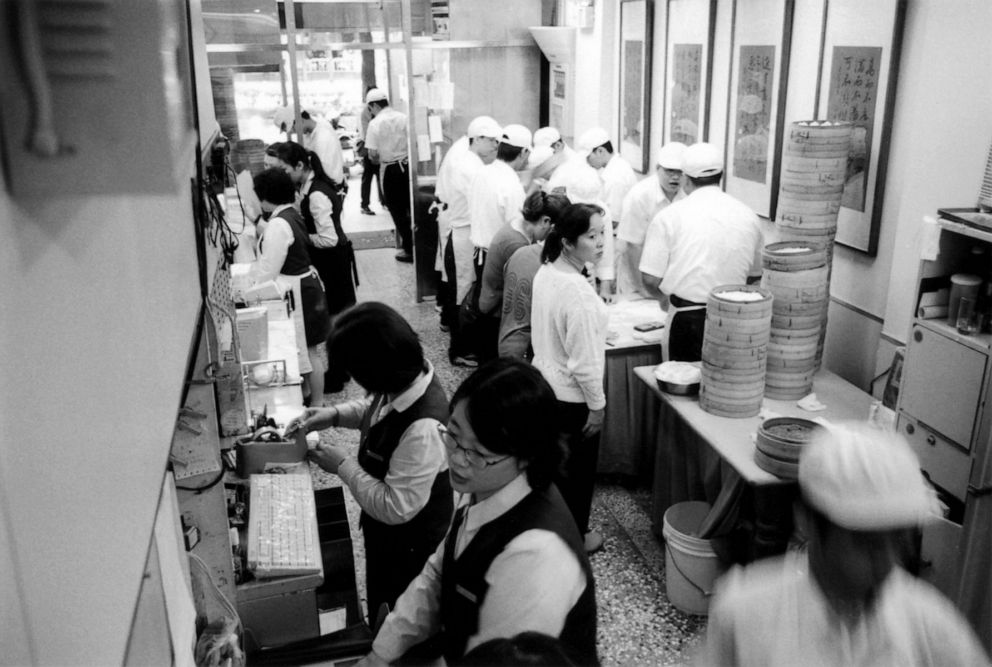
“The timing is very important. If it’s cooked too quick then it’s underdone; if it’s cooked for too long then it will break,” Yang said. If a dumpling breaks, it doesn’t make it to the customer’s table.
When it comes to sourcing, from daily shipments from contract chicken suppliers, to hybrid rice, to even supplying their own transportation designated to deliver its pork supply, Din Tai Fung aims for the best fresh ingredients available and is willing to pay higher than average costs, Yang's spokesperson told ABC News.
Beyond the quality of their recipes and food sources, Din Tai Fung also makes sure the food's presentation is up to their high standards. Whether it’s soup dumplings, fried rice or appetizers, the plating for each dish is uniform: The restaurant ensures identical plating by using custom acrylic molds.
Employees’ well-being
Instead of fixating on the bottom line and financial performance at company-wide meetings, Yang often focuses on his employees’ well-being. Each day employees fill out a form indicating how they’re feeling that day, and the store managers will assign tasks accordingly.
Beyond a higher-than-average salary, Din Tai Fung provides “all kinds of employee benefits,” including therapists and “activity trainers who provide physical and emotional support for our employees,” Yang said.
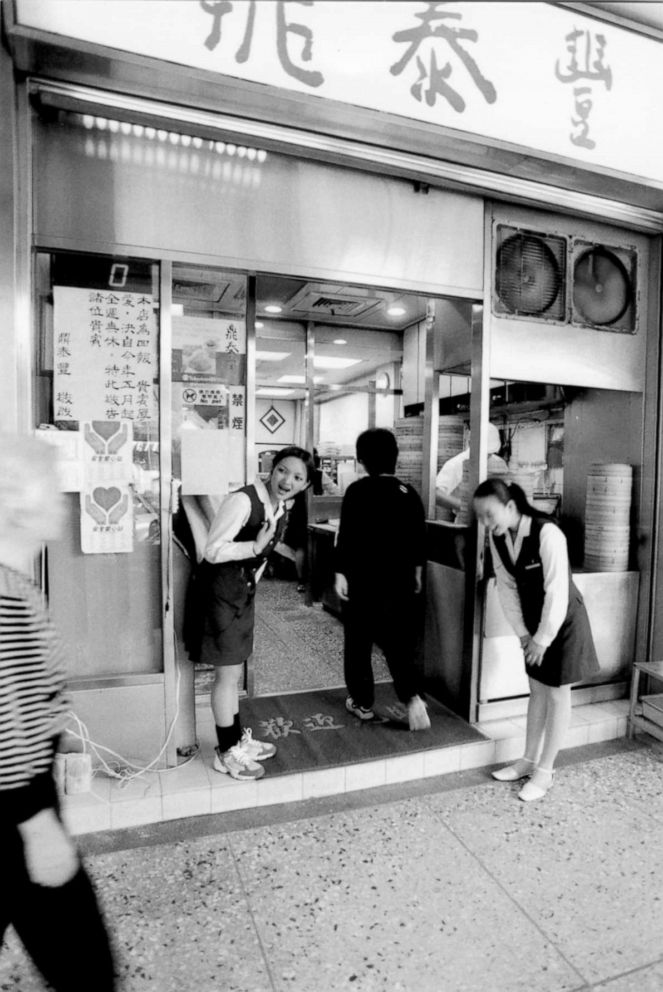
At the same time, the employees go through rigorous training, from learning how to brush their teeth correctly and smile properly to specific phrases to welcome and send off their guests.
By ensuring their employees’ well-being and personal development inside and outside the business, Yang says he believes employees’ happiness is manifested in their work and in turn makes for happy customers.
Customer service
Customer service is one of Din Tai Fung’s hallmarks, said Yang. Beyond standardizing their service practices, Yang is constantly seeking ways to improve by taking customers’ criticisms to heart.
About 20 years ago, a customer came to their restaurant at around 2:10 p.m. At that time, Yang said, the restaurant had a strict closing time of 2 p.m. before reopening for dinner.
Yang was about to send the customer away when he told Yang that had has come all the way up from Miao Li, which was a two-hour drive.
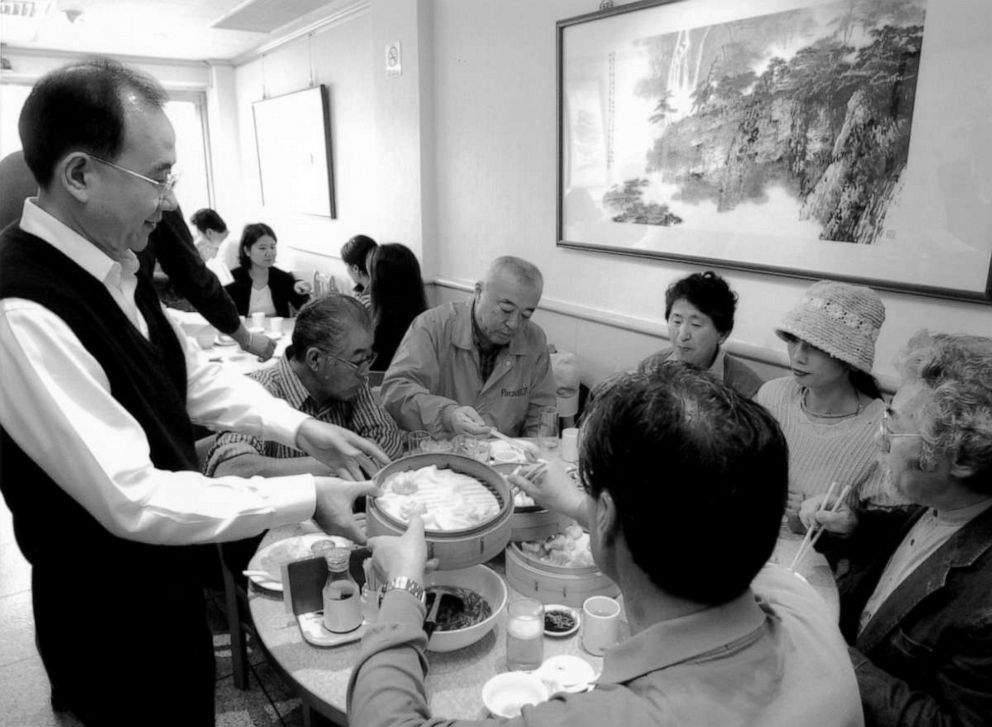
“It was then I realized there’s a lot of customers who really appreciated our food,” and are willing to travel far for it, Yang recalled. So from then on they changed their closing policies, so the “customers who happened to get stuck in a red light or traffic” could still come in and enjoy the food,” Yang said.
“When it comes to serving the customers, we have to make sure they feel at home,” Yang told ABC News.
The legacy
When asked about the secret to Din Tai Fung’s success, Yang humbly answered, “Luck.”
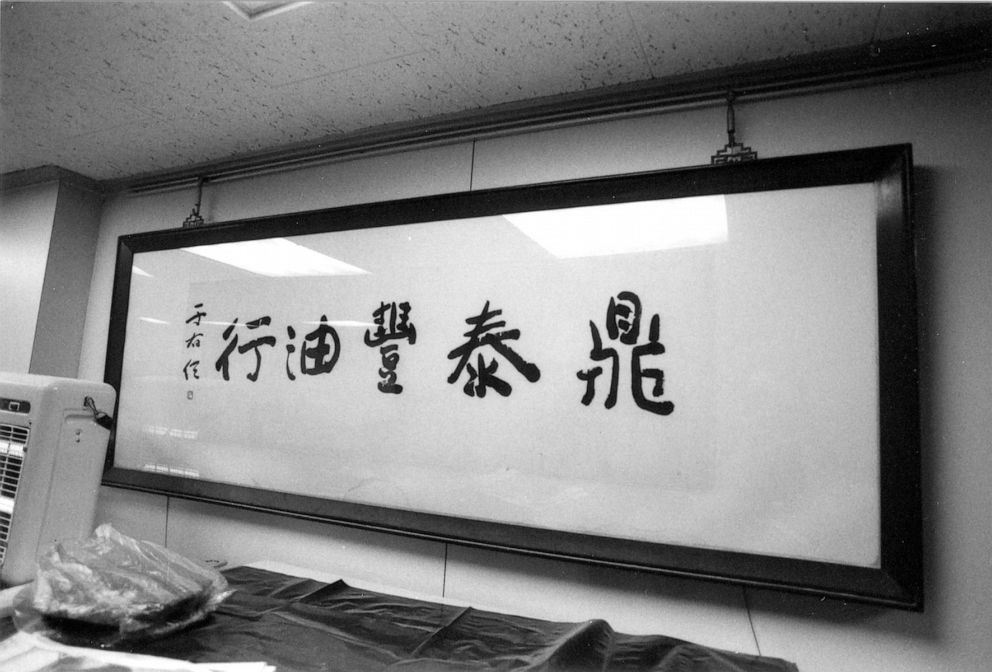
But he also said that he's on a never-ending search for quality and perfection, saying that he’s always “in pursuit of excellence every day with each bao, each product and each service.”
And that's what's helped Din Tai Fung leave an indelible mark on the industry and culture.





